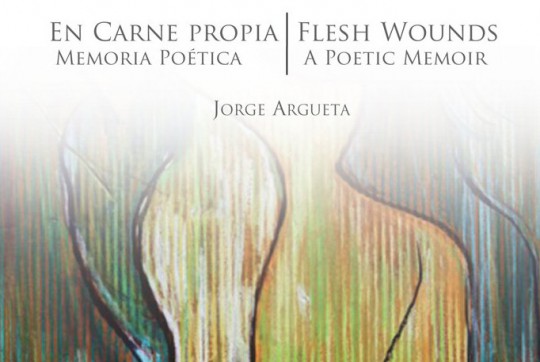We’re back with another round of exciting literary news from around the globe. This week’s dispatches take us to El Salvador, South Africa, and Tunisia.
Nestor Gomez, Editor-at-Large, reporting from El Salvador:
It was announced in early June that Centroamerica Cuenta awarded writer and LGBT+ activist Alejandro Córdova the 6th annual Central American Prize for the Short Story. At 24 years old, Córdova is the first Salvadoran to win the prize for the Central American region. His short story “Lugares Comunes” (“Common Places”) took him 2 years to finish and is narrated from the perspective of a son attempting to reconstruct the events of how his parents met during the Salvadoran Civil War. Córdova was born just at the end of the war but commented in an interview with InformaTVX that fiction was a marvelous way of trying to comprehend a history that was not his. Córdova also comments on the status of Salvadoran literature and how it is alive and well, not necessarily because of support from the state or from various literary circles, but due to the collective suffering of a complex society in El Salvador. Those complexities can be seen in the country’s literature, which Córdova likens to a strange flower born in the desert, a type of rarity that makes Salvadoran literature even more alluring than other Central American regions.


